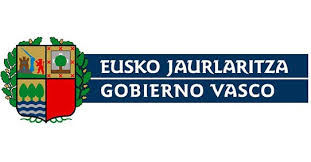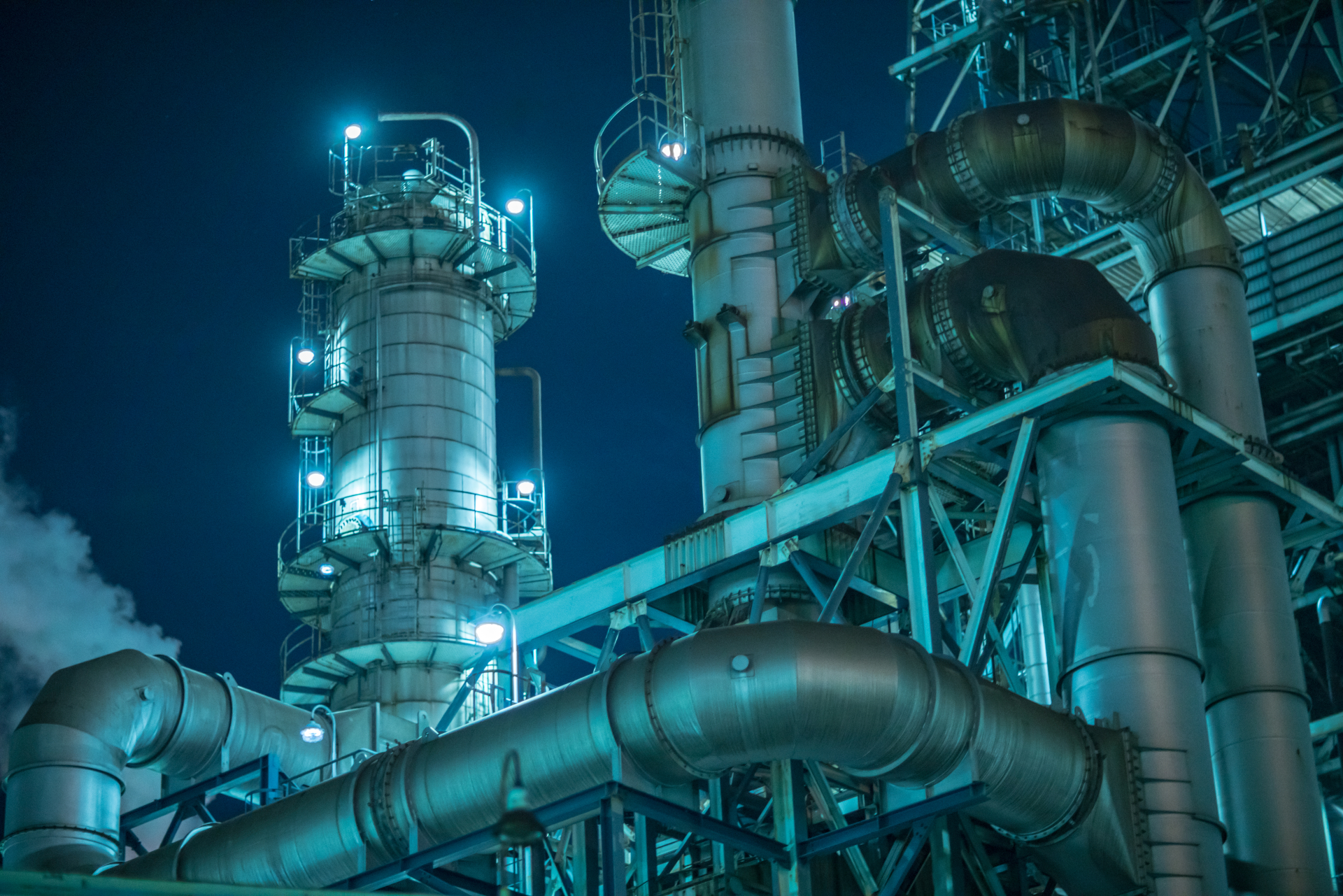"The European Commission has set ambitious targets for reducing greenhouse gas emissions by 2050"
We research and develop innovative and competitive industrial CO2 capture and recovery technologies
The European Commission has set ambitious targets for the reduction of greenhouse gas (GHG) emissions by 2050: CO2 emission limits are to be tightened and industries with higher emission rates are to be penalised financially. One of the alternatives for reducing CO2 in the atmosphere is its capture and subsequent conversion into high value-added products, such as fuels.
We have searched for new adsorbent materials used inPressure Swing Adsorption (PSA) technologies, as well as new polymeric materials for the manufacture of gas separation membranes. We have also studied industrial waste heat, which can be used in the capture processes themselves, with the aim of reducing current operating costs.
CO2 recovery
Two catalytic processes have been developed based on a millistructured reactor for the transformation of captured CO2. On the one hand, an energy recoverable gas has been generated at the same site as the CO2 emissions, thus improving the energy efficiency of industries and even enabling the possibility of selling this synthetic natural gas by taking advantage of the existing gas infrastructure. On the other hand, methanol has been obtained.
Another way of recovering CO2 has been its incorporation into alkaline waste; slag from energy recovery plants, slag from steelworks, construction and demolition waste (CDW). It is currently generated in large quantities in the Basque Country. Carbonation technology has improved its properties and facilitated its recovery as a secondary raw material for the construction sector, generating products with a lower carbon footprint and a more competitive position in the market.
All developments have also been environmentally assessed.
Improving the competitiveness of companies
The solutions developed improve the competitiveness of the companies that make up the consortium, either by generating new skills and knowledge for the sale of equipment and technologies, by minimising CO2 emissions or by generating new value chains from the raw materials generated by CO2 capture.
LOWCO2 Consortium
The initiative is coordinated by LOINTEK: with the participation of industrial references, such as CALCINOR, CEMENTOS LEMONA, PETRONOR, PREFABRICADOS ETXEBERRIA, SADER, TAMOIN and ZABALGARBI, as well as the TECNALIA technology centre, the Bilbao School of Engineering (UPV-EHU), Aclima and the collaboration of the consultancy firm BANTEC.
LOWCO2 has received funding from the Basque Government’s HAZITEK 2019 Programme


